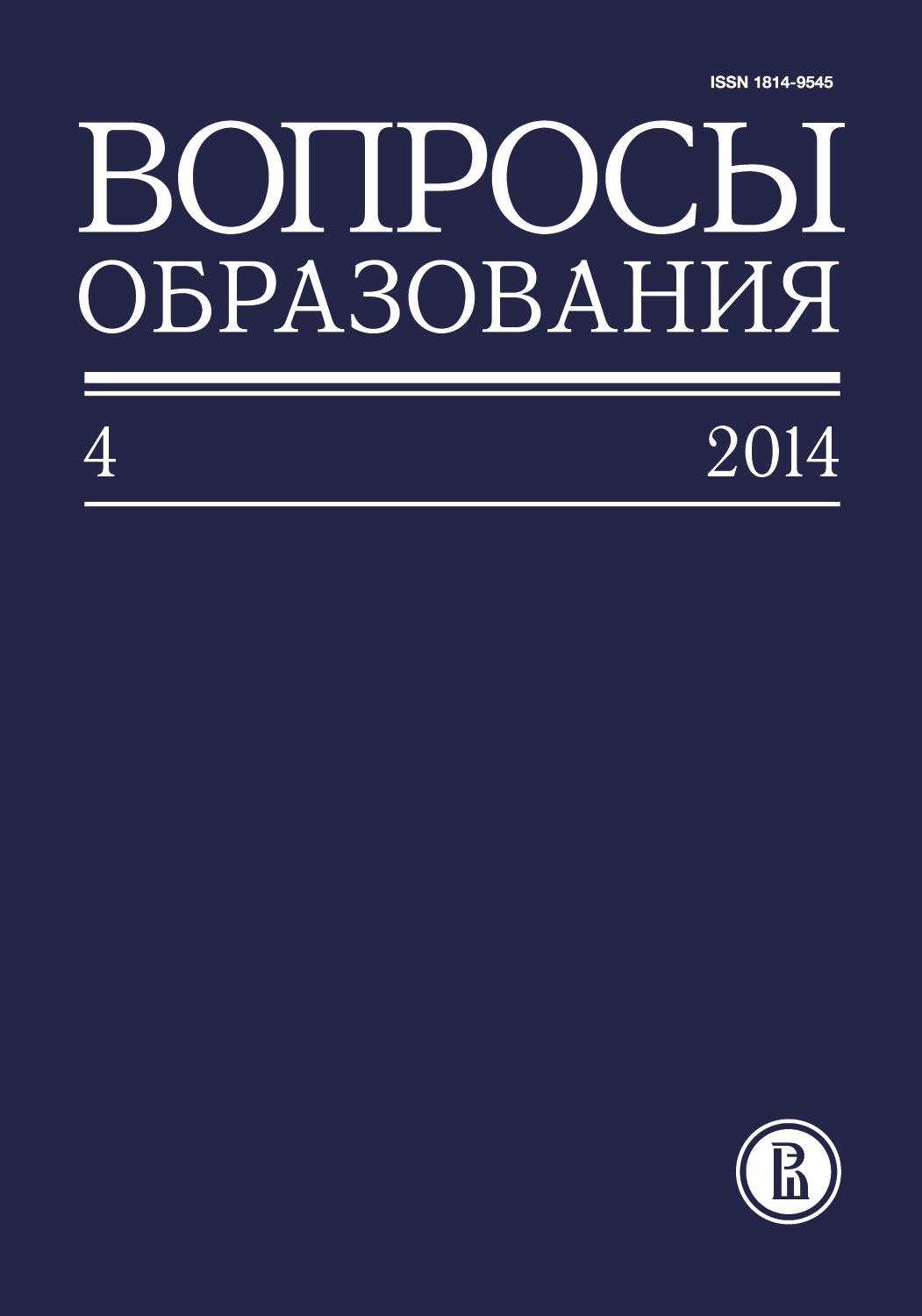Российские наука и высшее образование в условиях глобализации
Аннотация
С момента распада СССР в России изменилось очень многое, однако в сфере высшего образования и науки мир за ее пределами, по-видимому, трансформировался сильнее, чем ситуация внутри страны. Глобальное распространение Интернета привело к тому, что все национальные научные системы вошли в единую англоязычную научную систему, в то же время сохраняя свои отличительные черты. В настоящее время большинство технологических инноваций и разработок продуктов полностью или частично реализуются на глобальном уровне. В таких условиях для каждой страны чрезвычайно важно обеспечить своим ученым свободный доступ к единому научному процессу, что означает участие в мировой науке и международное сотрудничество. Однако связи российской науки с мировой все еще остаются довольно слабыми. Индексы ведущих российских университетов в глобальных рейтингах публикаций и цитируемости значительно ниже аналогичных показателей зарубежных университетов. В период с 1995 по 2012 г. количество научных статей, написанных международными коллективами авторов, выросло в мировом масштабе на 168% и десятикратно увеличилось в Китае. Однако аналогичный показатель для России составляет всего 35%. Низкий уровень интернационализации российских университетов и российской науки в целом, а также неуклонное устаревание научных ресурсов, накопленных в советский период, обусловливают снижение показателей страны в научных рейтингах. Этому есть как объективные (количество научных статей снижается, и Россия значительно отстает от динамично развивающегося Китая и других стран Восточной Азии, в меньшей степени — от Бразилии и Индии), так и субъективные (в определенных областях, таких как инженерное дело, производство, стратегические и конструкторские разработки, российская наука имеет неоспоримо сильные позиции, однако работы выполняются по большей части на русском языке и не публикуются в международных журналах, а следовательно, остаются незамеченными) причины. Достижение цели, поставленной в рамках реализации государственной политики (вхождение пяти российских университетов в список 100 лучших университетов мира), возможно только в отдаленном будущем. Китаю и Сингапуру потребовалось 20 лет, чтобы вывести свою науку на мировой уровень, и российским политикам необходимо определять стратегию развития с учетом долгосрочных перспектив. Тем не менее у российской науки имеются значительные возможности для достижения улучшений и в ближайшем будущем. Текущие низкие показатели интернационализации представляют собой стратегическую возможность. Опираясь на опыт стран Восточной Азии, можно сказать, что при значительном развитии международного сотрудничества, публикаций и бенчмаркинга Россия может добиться крупных успехов.








